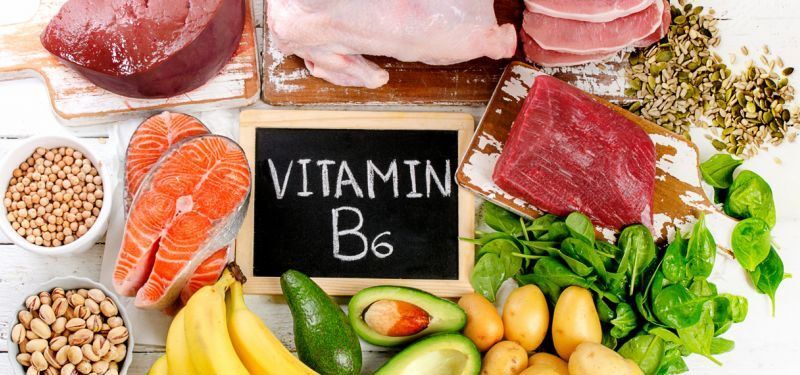Life Care Diagnostic
January 21, 2021

Getting a poor night sleep means a bad day ahead, agree? Certain dietary patterns might affect daytime alertness and night time sleep. Macronutrient intake such as carbohydrate and fat intake affect slow wave sleep (SWS) and rapid eye movement (REM). SWS is deep sleep and has a restorative function, whereas both REM and SWS function toward memory consolidation.
In addition, studies have reported that dietary carbohydrates promote good sleep through the secretion of serotonin, a hormone that directly influences sleep. On the other hand, low protein intake (<16% of total energy intake from protein) is associated with difficulty in initiating sleep. If a diet is high in saturated fat, there will be less time in the stage of deep sleep (SWS). As a result, you will find that learning is more difficult as SWS helps with memory consolidation .

Besides dietary patterns, there are certain nutrients also associated with sleep quality.
Tryptophan is an essential amino acid that our body can’t produce by itself, thus we need to get it from our foods. Tryptophan can be made into melatonin hormone which regulates the sleep-wake cycle. It is found in most protein food and is a potent promoter of sleep. For example, seeds and nuts, soya foods, cheese, poultry and meat, fish, shellfish, oats and other grains, beans and lentils, eggs, milk and dairy. Milk and dairy products contain calcium which helps to boost the release of amino acid.
There is evidence showing that vitamin B influences sleep quality and helps to regulate the body’s level of the amino acid tryptophan. Vitamin B12 plays a role in biological rhythm. Food sources of Vitamin B12 include meat, poultry, fish, and organ meats. Vitamin B-6 serves as a cofactor in the synthesis of serotonin which is a neurotransmitter that plays a key role in regulating mood and sleep-wake cycle and thus indirectly affects the synthesis of melatonin. Food sources of Vitamin B6 are salmon, poultry, meat, sweet potato, and banana.

Getting a poor night sleep means a bad day ahead, agree? Certain dietary patterns might affect daytime alertness and night time sleep. Macronutrient intake such as carbohydrate and fat intake affect slow wave sleep (SWS) and rapid eye movement (REM). SWS is deep sleep and has a restorative function, whereas both REM and SWS function toward memory consolidation.
The combination of omega 3 and vitamin D increases the production of serotonin (a sleep-promoting chemical). A great source is fatty fish and try to consume fatty fish three times per week.
Phytonutrient also helps to regulate sleep.. Tea, especially chamomile tea, is found to have a calming effect due to its apigenin content. Another type of phytonutrients such as isoflavones may have a potentially beneficial effect on sleep status. Soy foods that are rich in isoflavones include natto, tofu and fried tofu.


Since there is a lot of nutrient food that promotes sleep, is it a good idea to snack before bedtime? You might be concerned that midnight snacking can cause weight gain. If you are going on a heavy meal with high calorie foods, it will definitely lead to weight gain. Having an empty stomach will also cause difficulty in sleeping.
Try to have a small and light snack, preferable with fiber content as fiber helps to lower digestion and give us satiety.
KKLIU 1600/2021